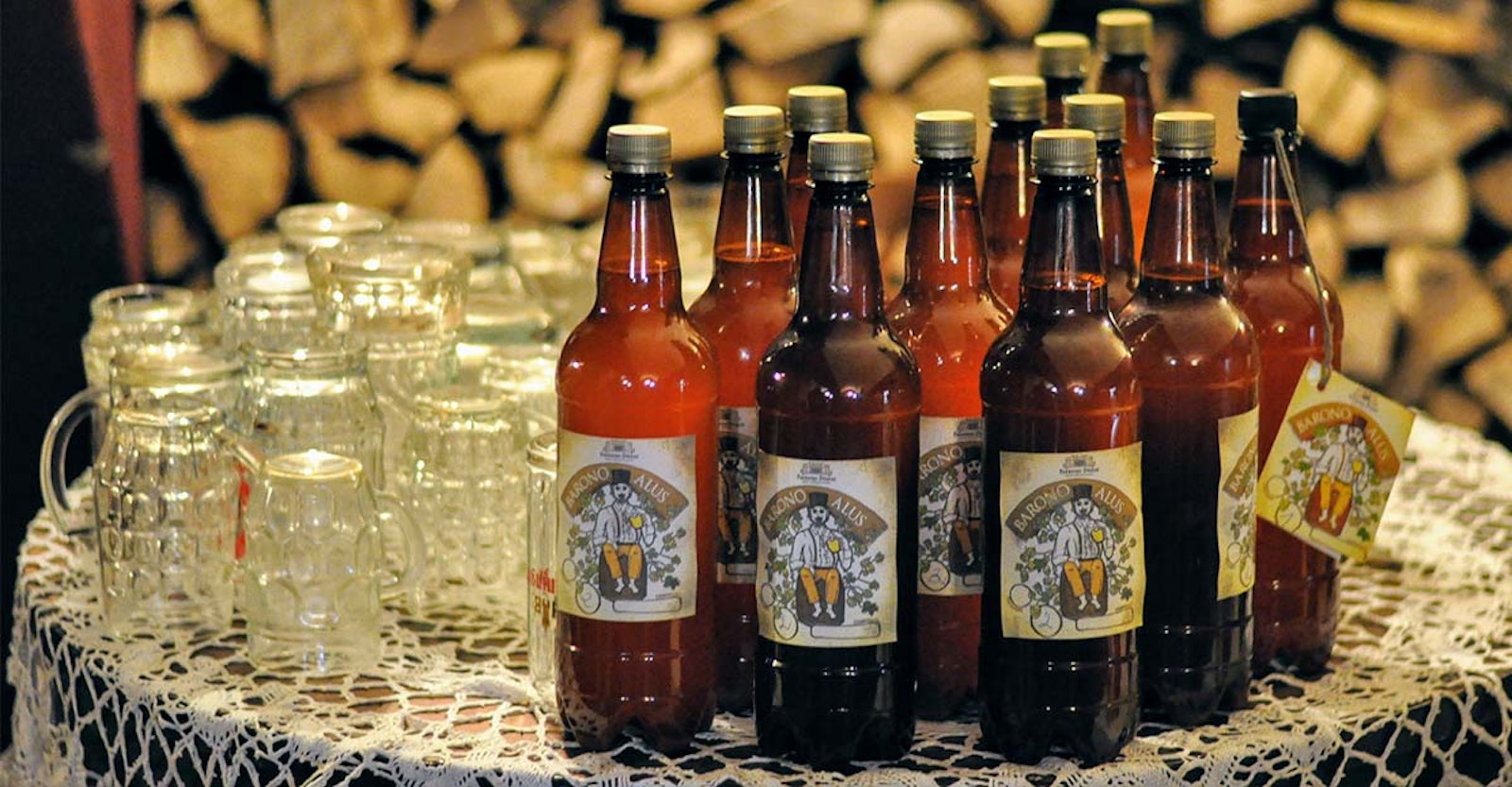
WEIGHT: 48 kg
Breast: 38
One HOUR:130$
NIGHT: +30$
Services: Striptease, Toys / Dildos, Pole Dancing, Ass licking, Dinner Dates
Some open with a peppery bite, some broaden into an herbal finish, some smack of a cider-like sourness, while others are just downright funky. How, then, can we even begin to talk about saison as a distinctive style? Saisons originated in a region of Belgium known as Wallonia. Wallonia is located in southern Belgium and is populated by French-speaking rather than Flemish-speaking peoples. And, as we will see, locality matters a great deal in making a saison a saison.
Saisons originated in a region of Belgium known as Wallonia, located in southern Belgium and populated by French-speaking peoples. Wallonia is home to a very rich brewing culture. And what about that name? Saisons date back to an age before refrigeration. For this reason, you might find saisons or saison-style beers referred to as farmhouse ales. These ales can be as or even more complex than their Trappist cousins, yet, for much of their history, saisons have been working class.

Potable water was not something any community could take for granted in Medieval Europe. Beer was essential to everyday human hydration. And some of these workers were truly seasonal employees: saisonniers. Some beer styles are named after their ingredient lists or flavor profiles; some after the region that first made them famous; some in recognition of their inventors.
Saison may be one of the rare beers named after those essentially anonymous individuals who most frequently consumed it. Enough anthropology; to plumb the depths of the enigma that is saison, we need a chemistry lesson. Almost more than any other style of ale, saison is all about the yeast.

Saisons are fundamentally local, even hyperlocal, products. Like wine, saison is a culinary representation of the soil, the atmospheric conditions and the microbial ecology of the discrete places in which it is produced. Traditionally, saisons are spontaneously fermented. While most commercial brewers carefully cultivate certain strains of yeast in order to produce specific styles of beer, saison makers surrender a good bit of control over the final product. Modern saisons are most often brewed using carefully bred alternatives to Saccharomyces cerevisiae ale yeast and Saccharomyces uvarum lager yeast.



































